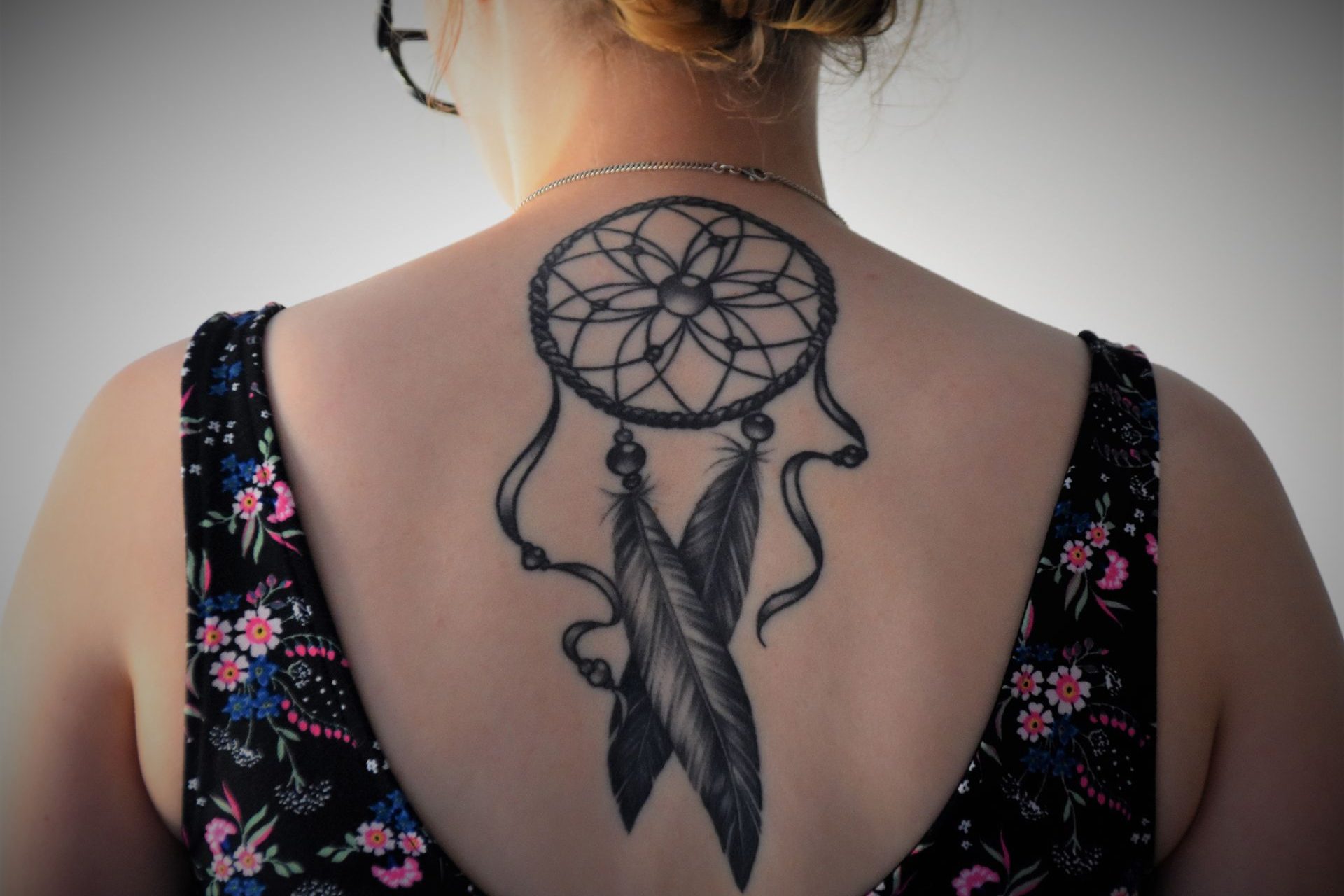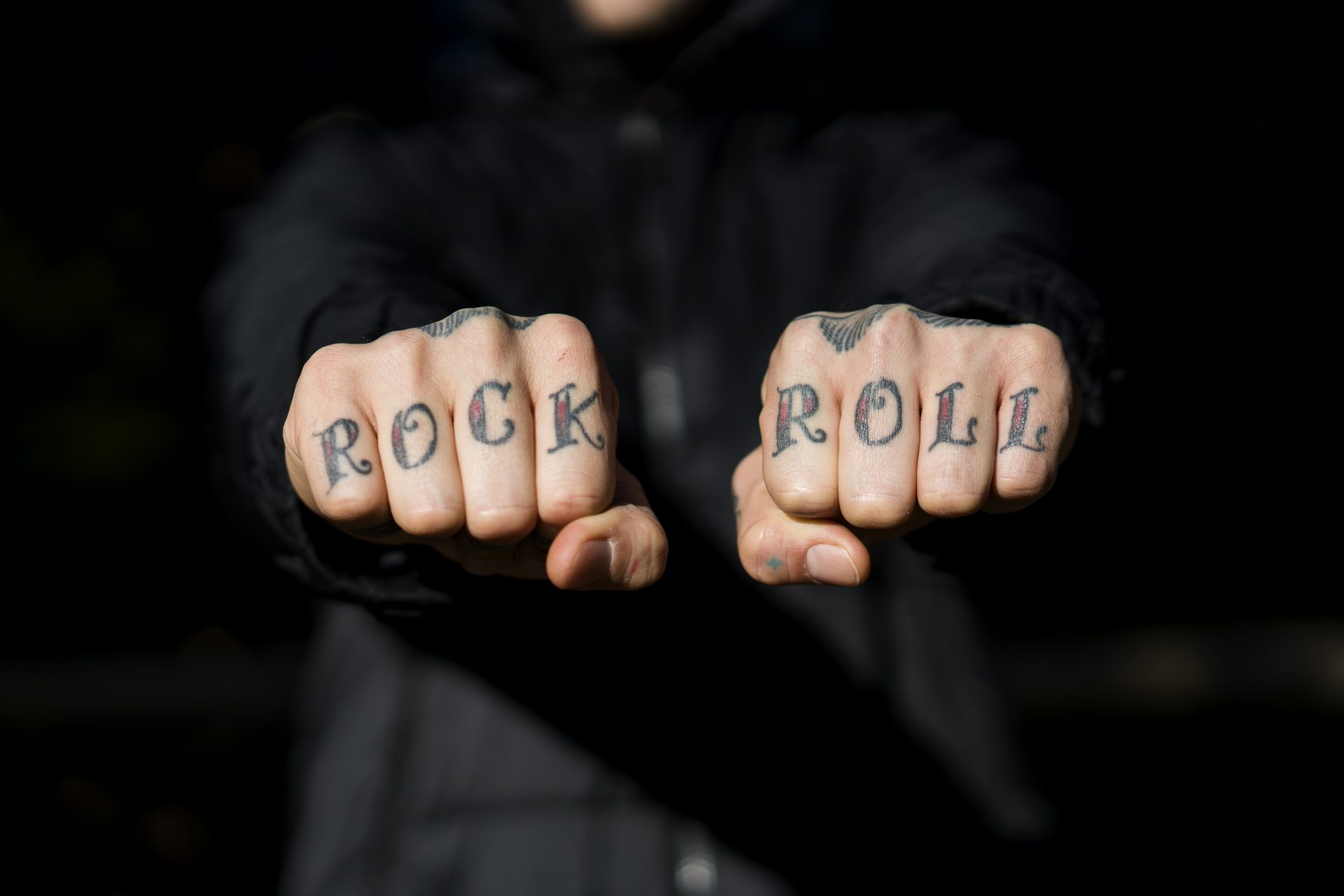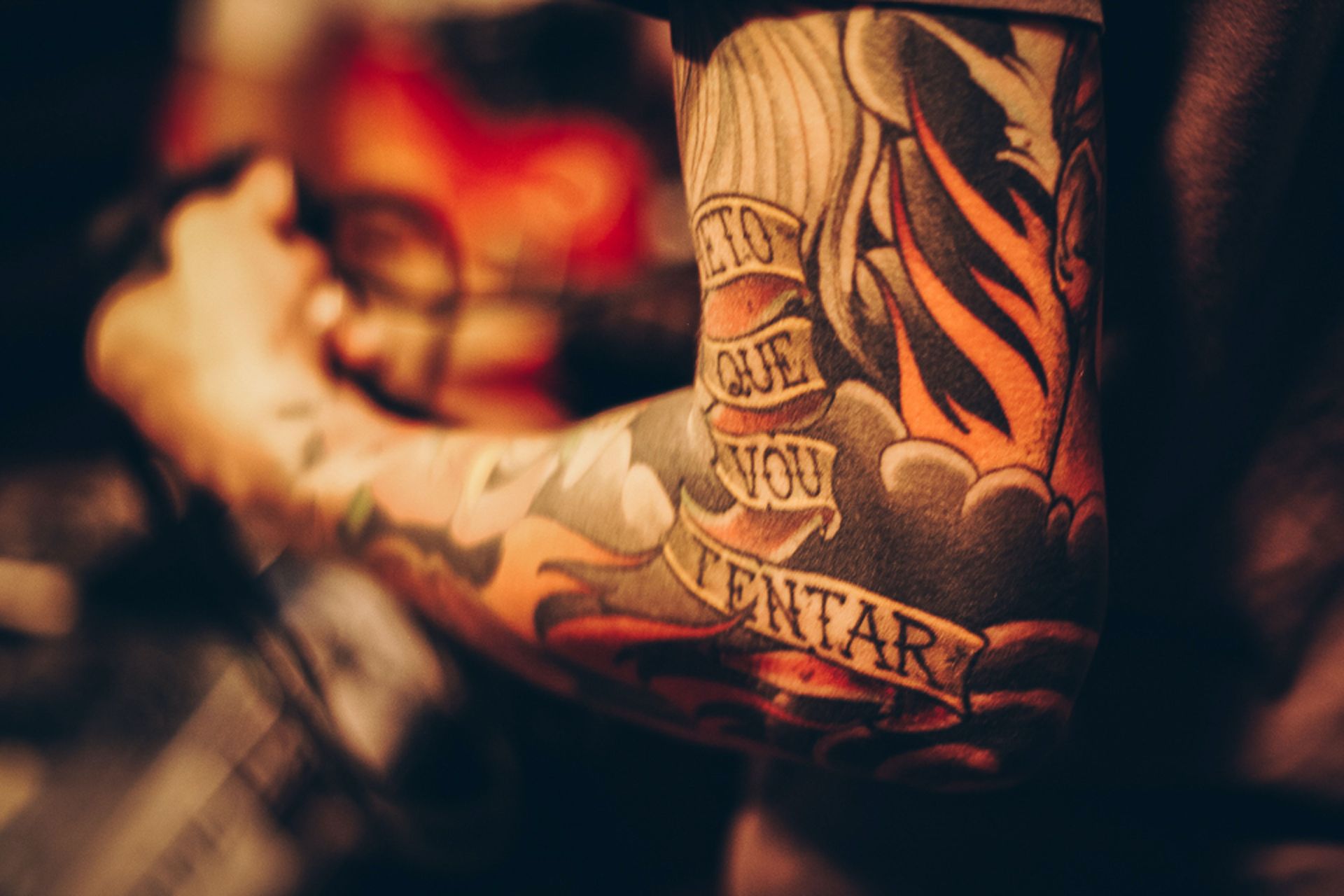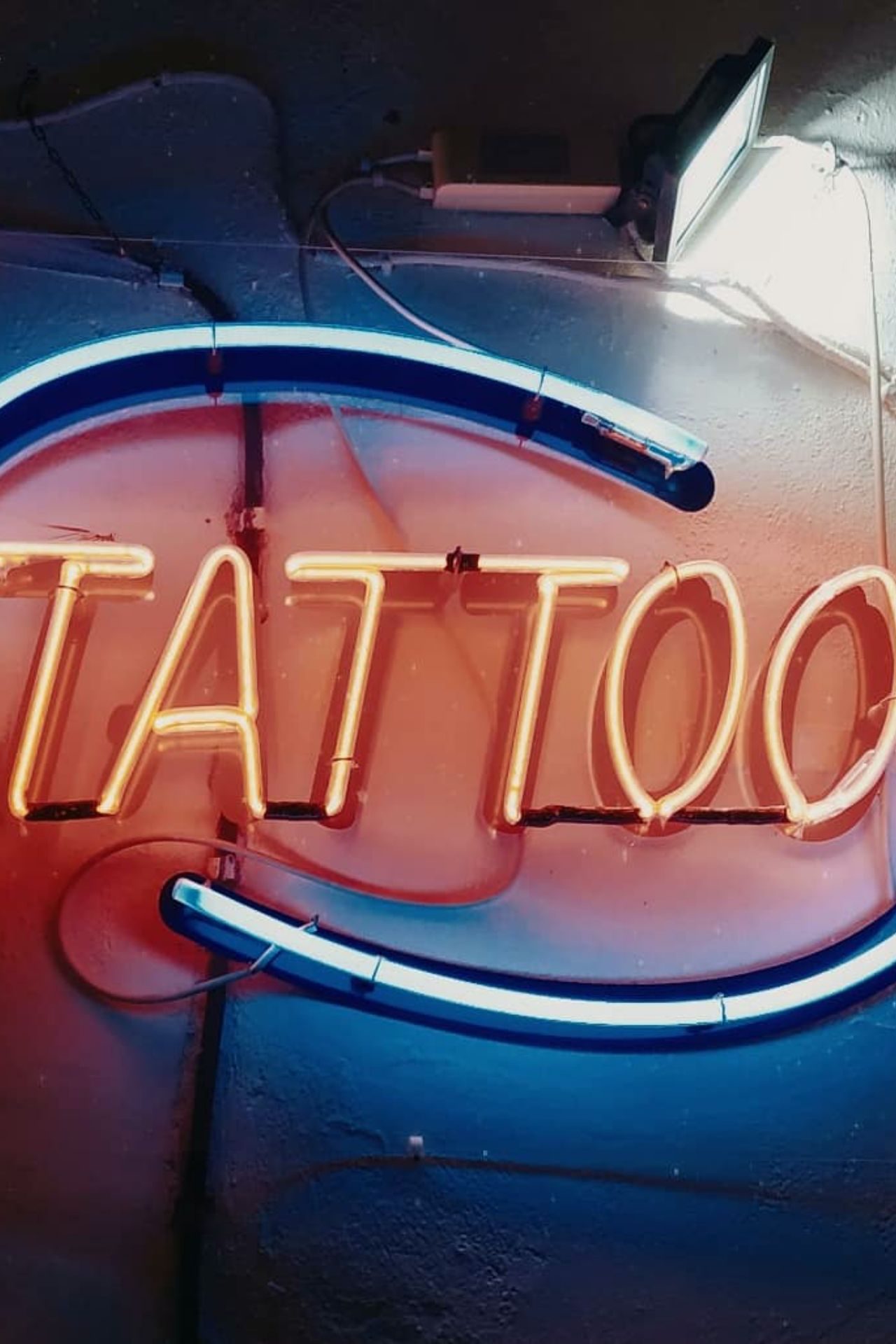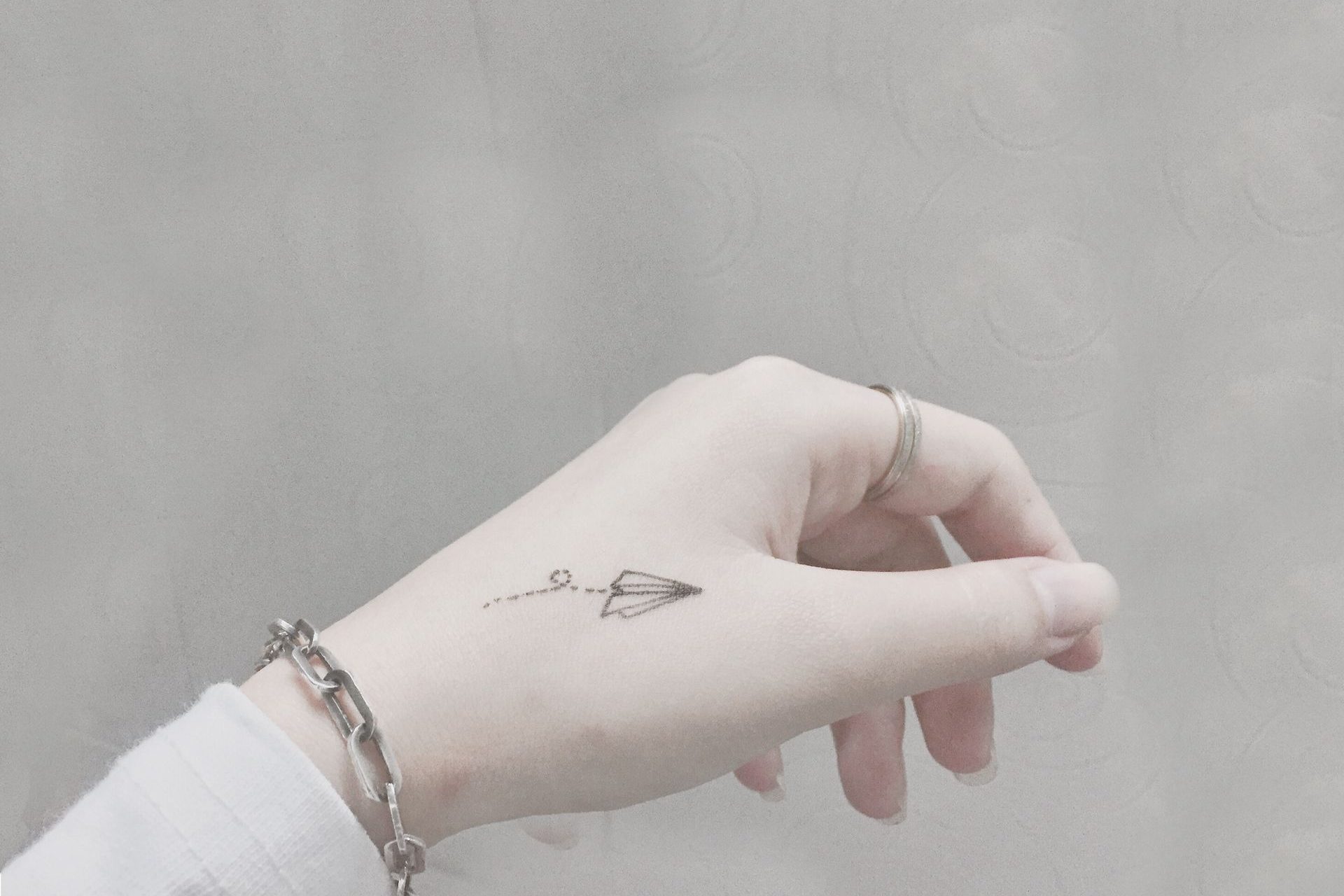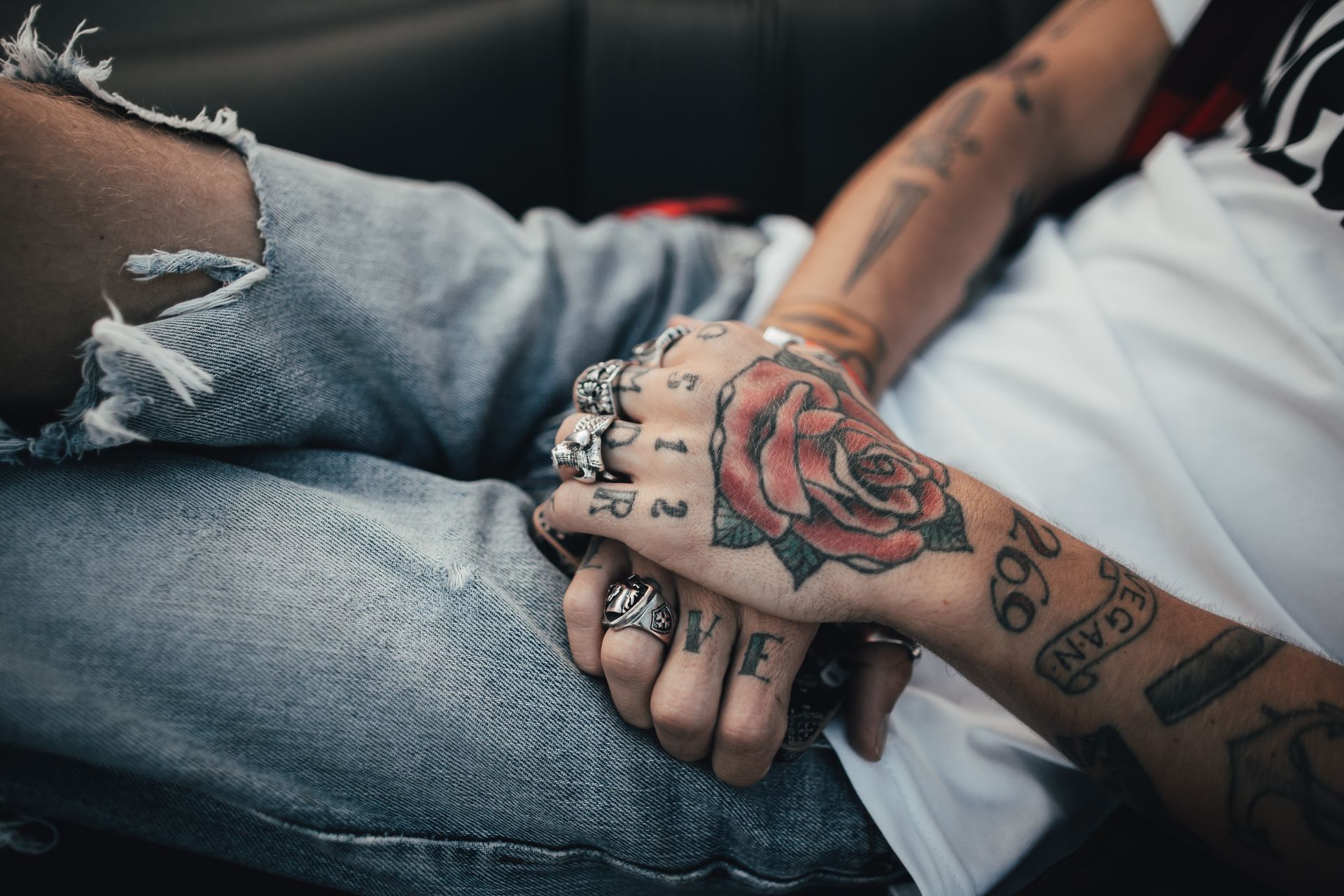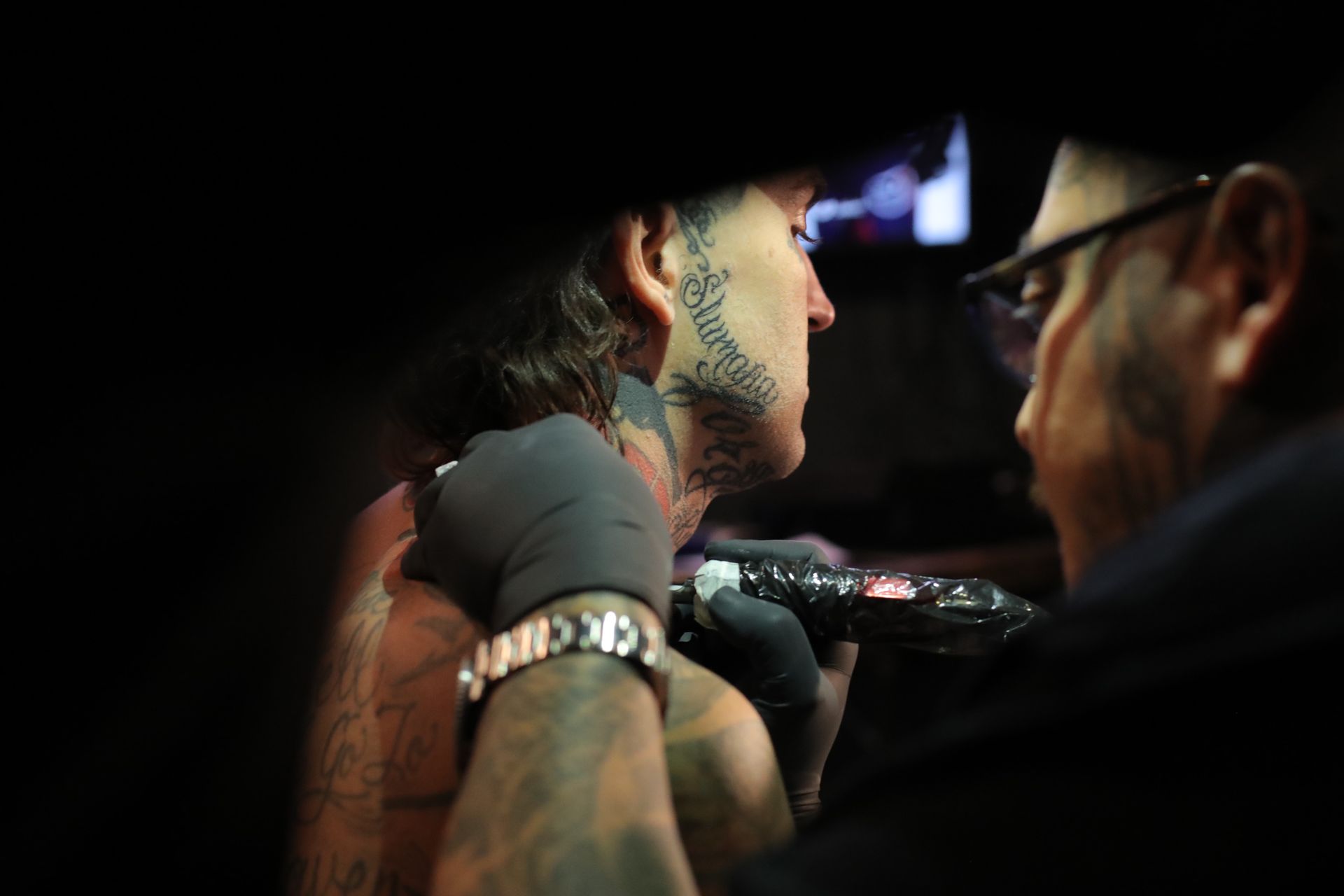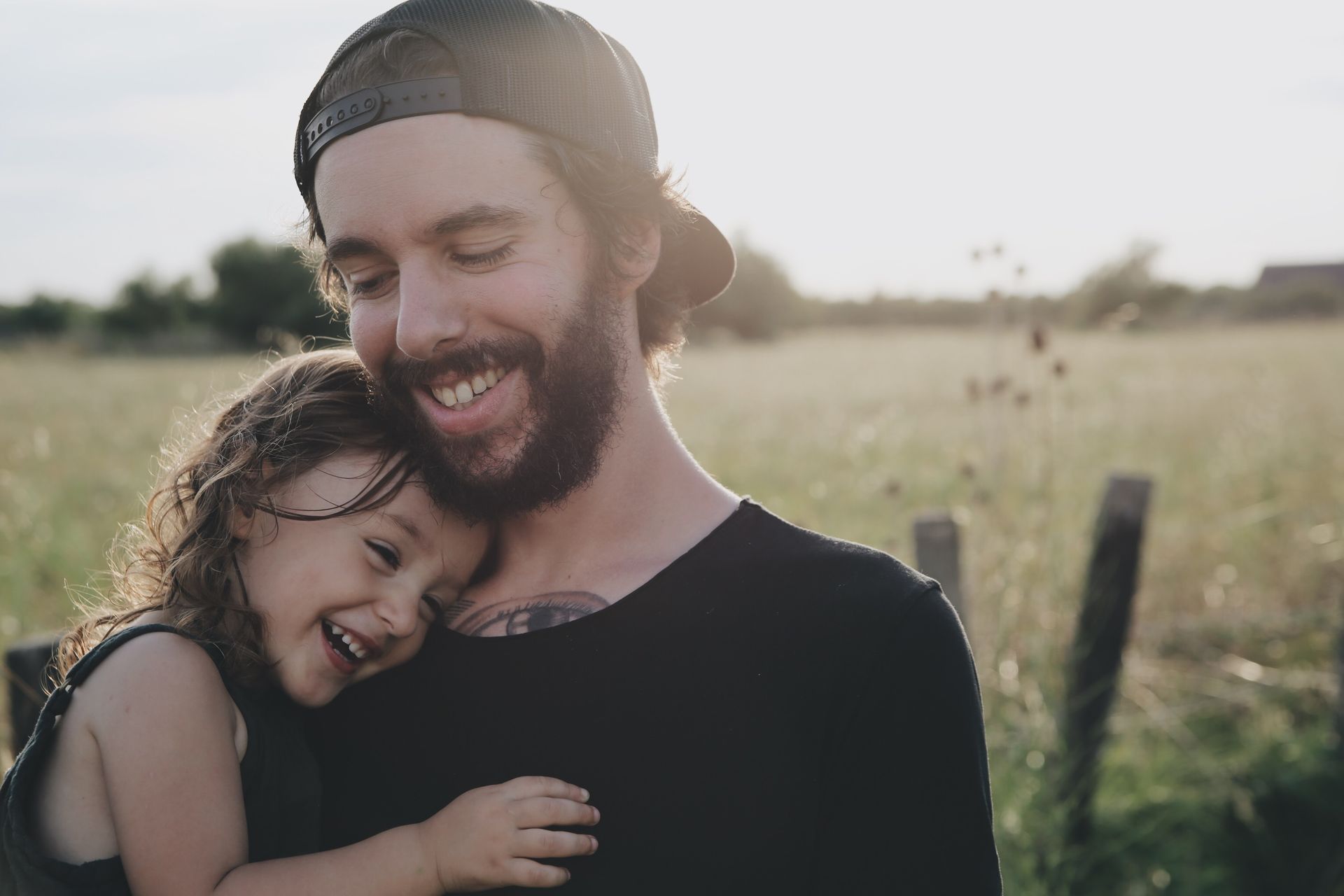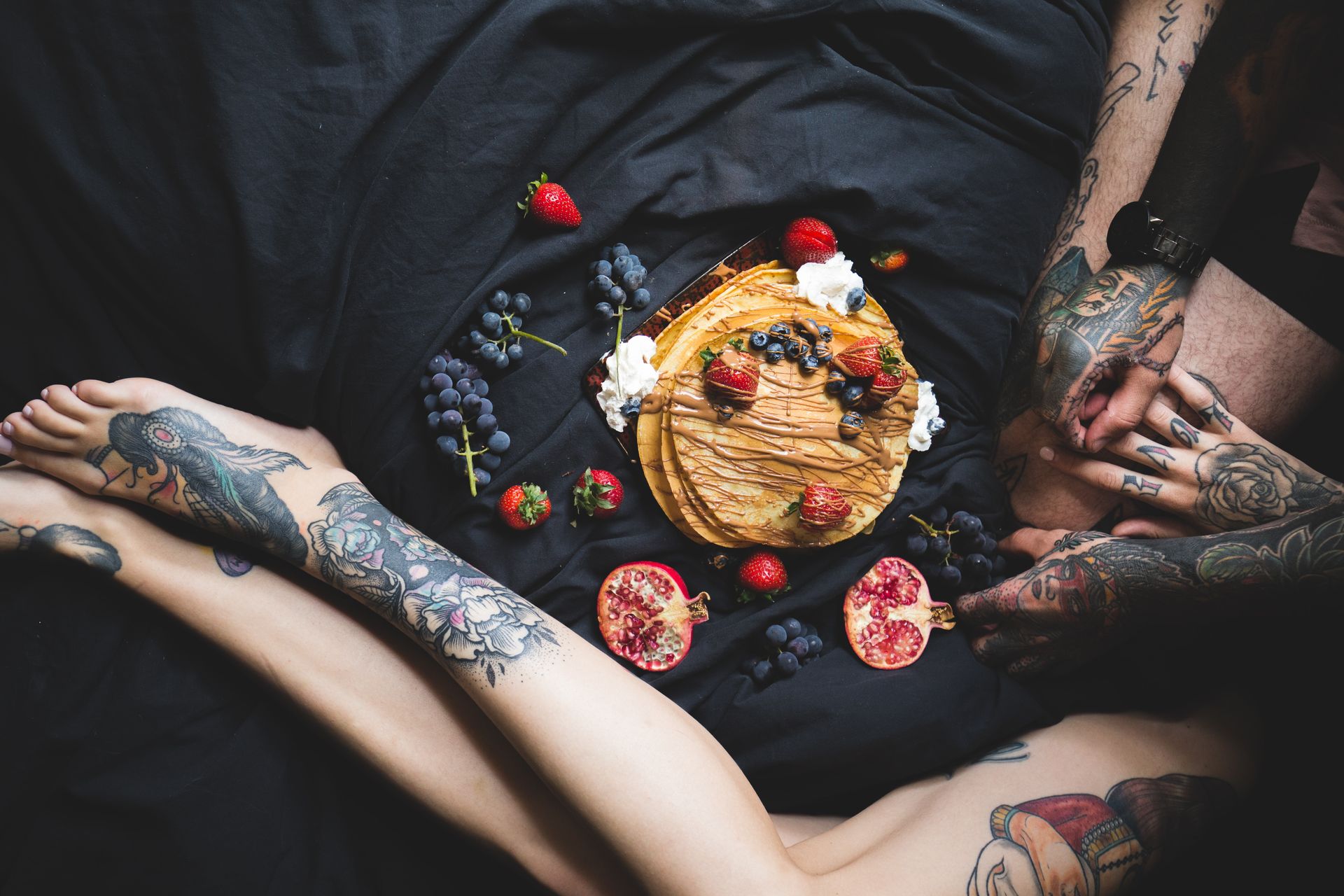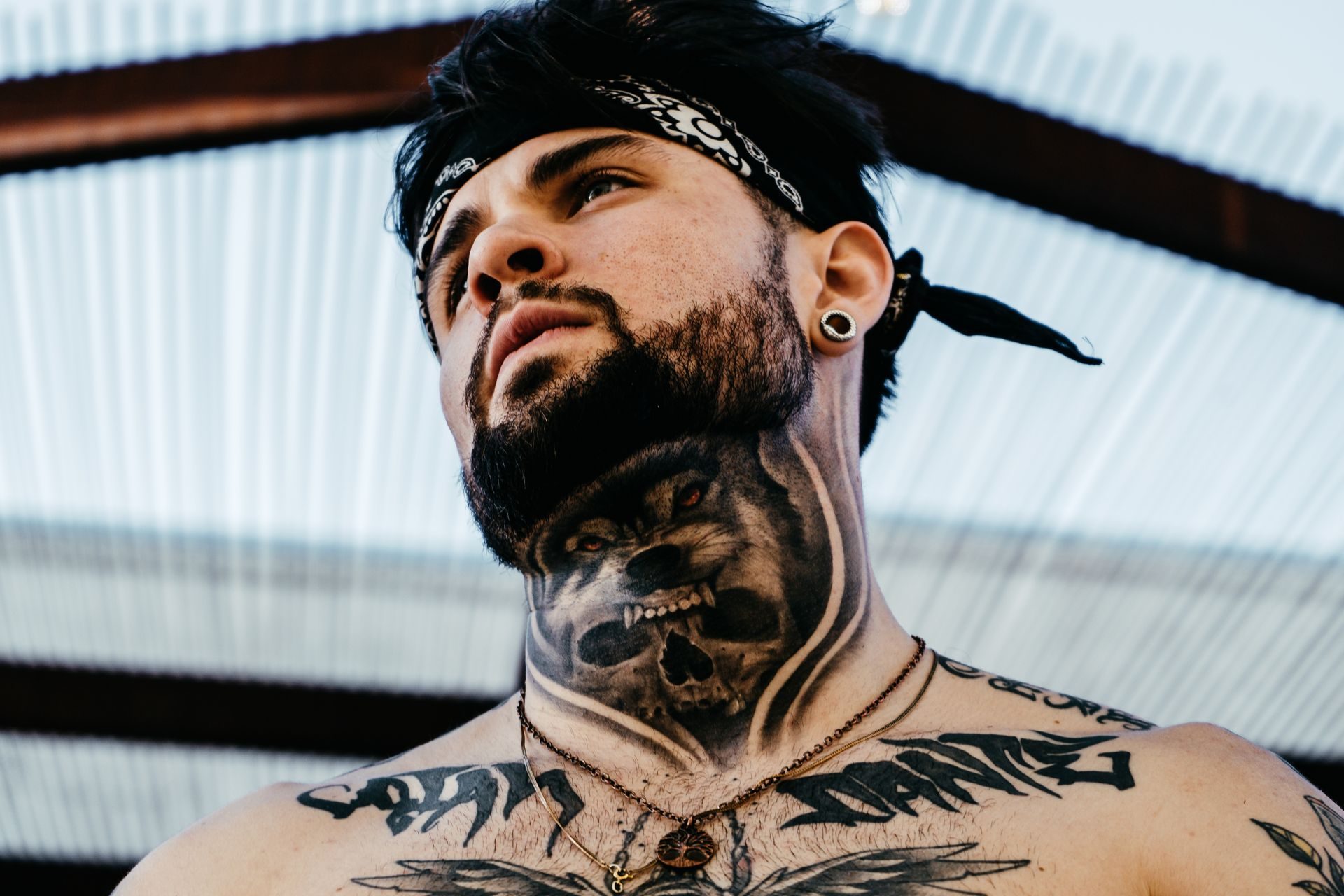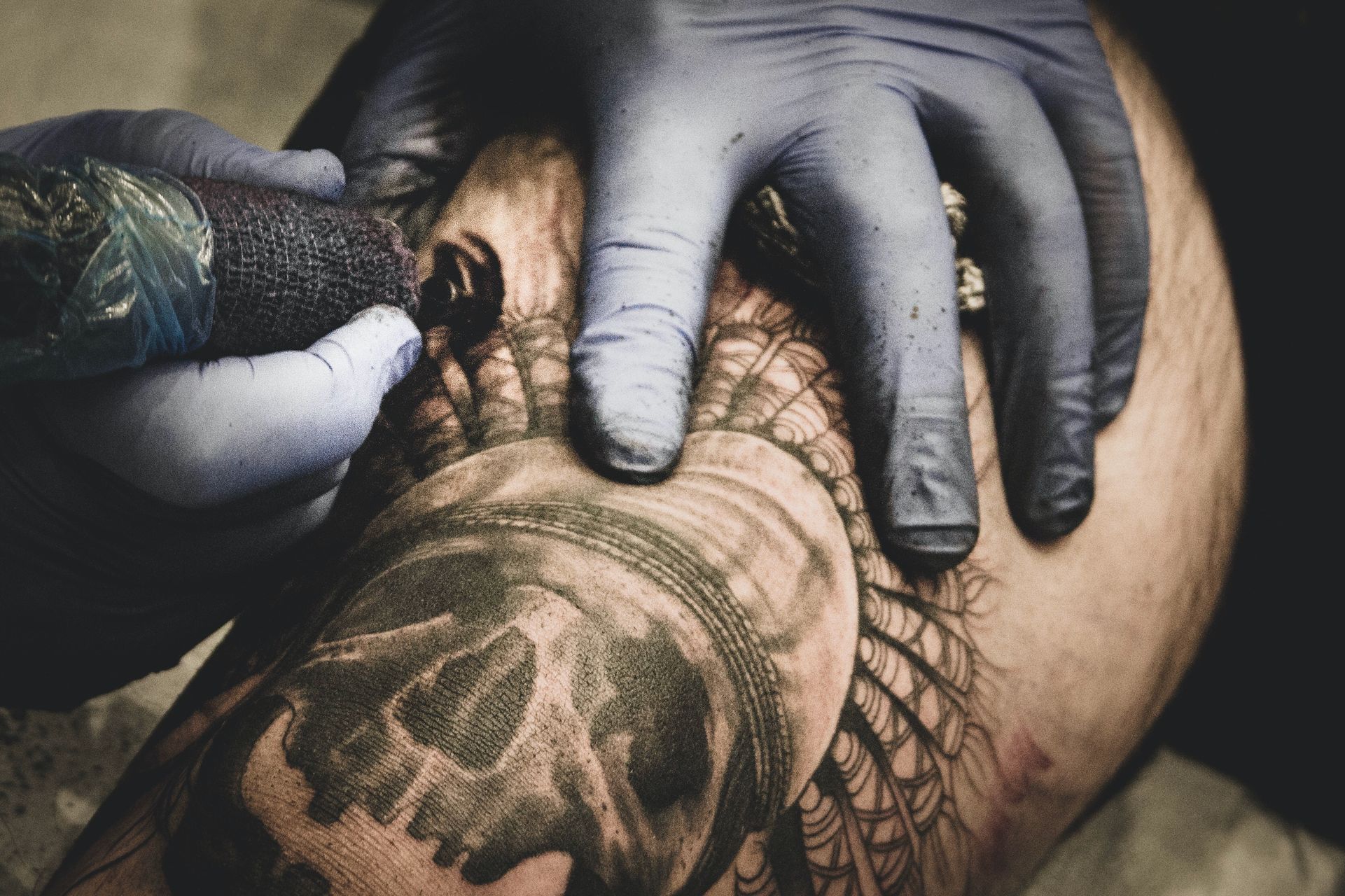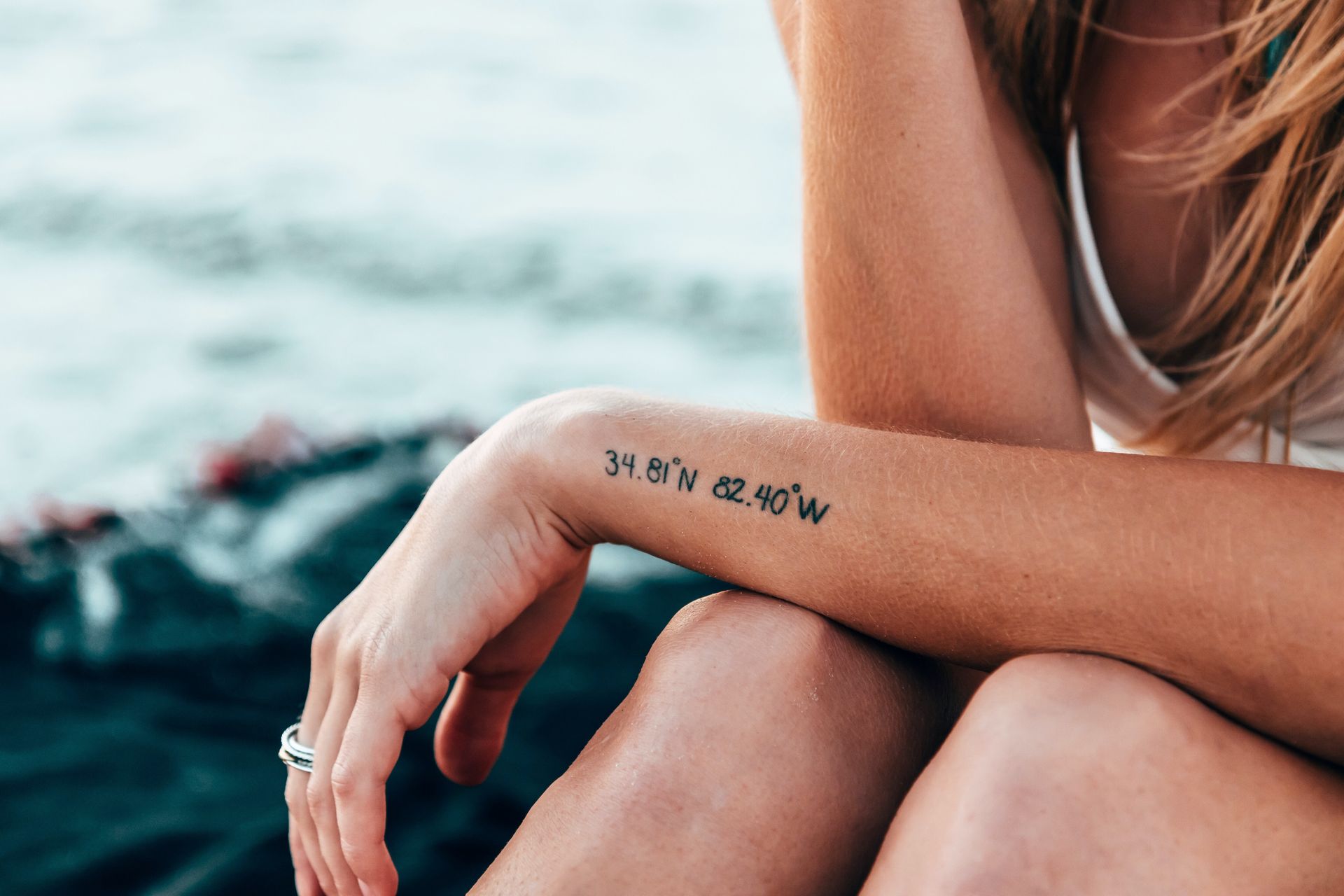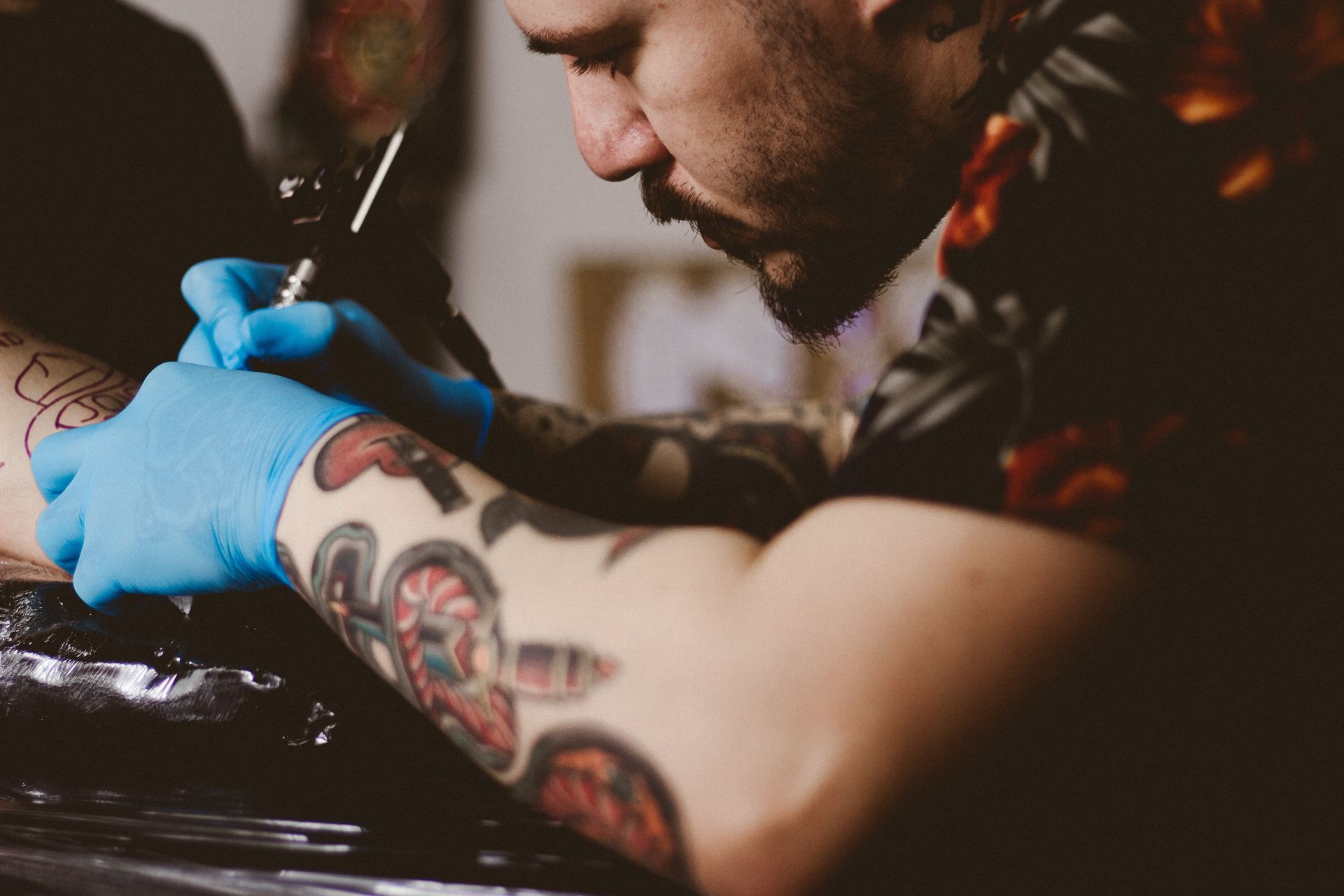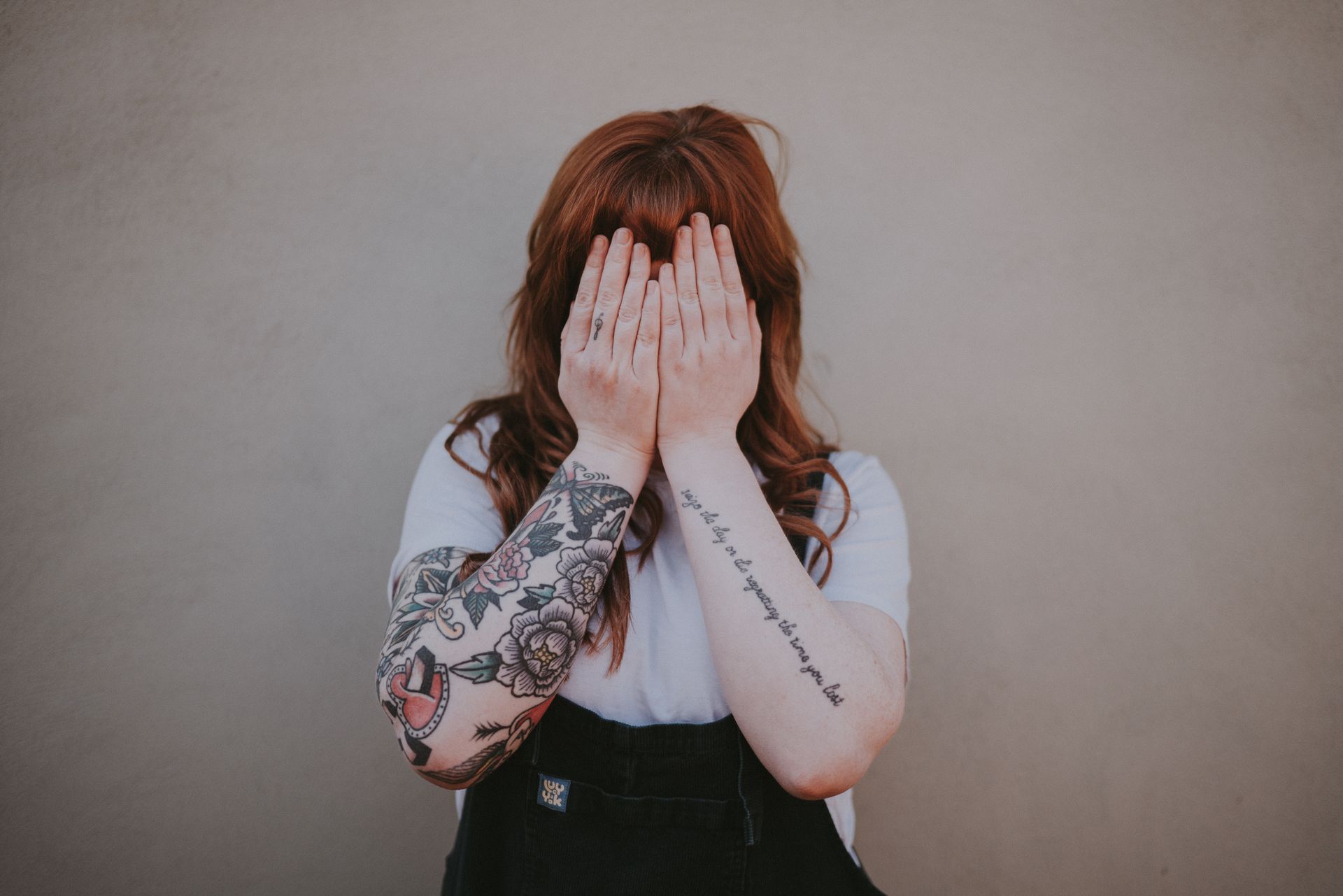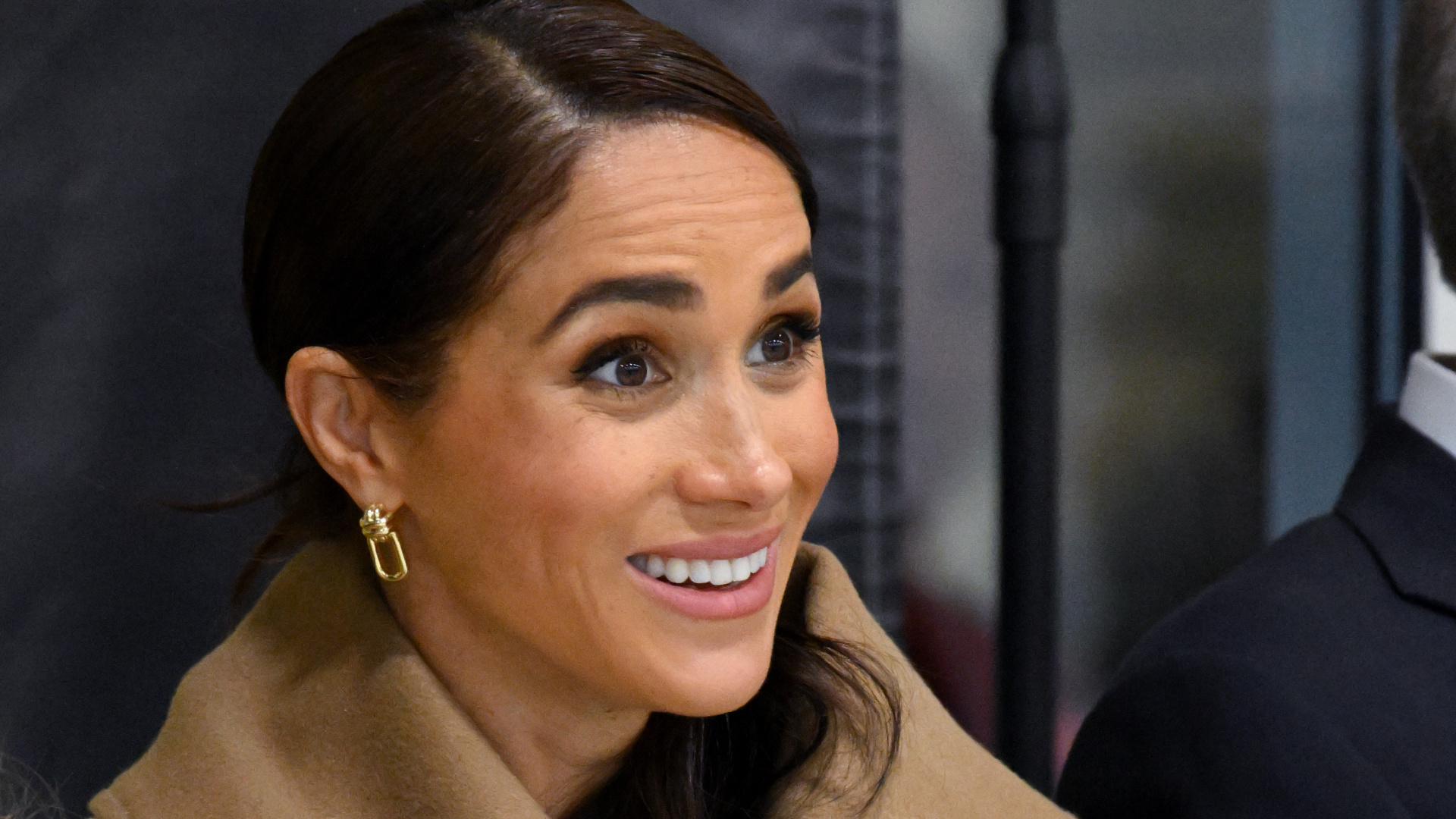What do tattoos say about us?
We see them everywhere: Whatever their nationality, age, or social background, many people wear tattoos.
Historians claim that people have been getting tattoos for over 5,000 years. From the Egyptians to the Vikings, the tattoo has been everywhere.
Picture: Waldemar / Unsplash
In modern Western society, tattoos were long seen as a sign of membership of a criminal or underground tribe.
However, in the 21st century, tattoos have become commonplace in society and they are accepted in many circles.
Photo: Matheus Ferrero / Unsplash
As the French publication 'Les Échos' reported, the manager of a young tech team declared that he "has several tattooed people in his teams and does not try to hide the one that covers his entire arm in the office."
Photo: Oleg Ivanov / Unsplash
The executive recalls that he had gotten only a discreet tattoo during his years in business school, fearing a negative reaction in the working world. But by now, he says, the stigma on tattoos appears to have gone away.
Picture: Orfeas Green / Unsplash
It is certain that, from David Beckham to Justin Bieber, the many celebrities openly wearing a tattoo have helped change public opinion in recent times.
The Pew Research Center calculated in 2023 that 32 percent of Americans have at least one tattoo. For Canadians, several media make estimates between 20 and 25 percent. Even Prime Minister Justin Trudeau has a tattoo.
Photo: Zang / Unsplash
This number is only going to grow, because one in three people aged 18-35 in North America currently has something painted on a part of their bodies.
Photo: Anthony Tran / Unsplash
Still, 'Les Échos' notes that not all professions accept the showing of tattoos. Think of a judge or another employee in the legal sector, for example. The reason? Judges have to appear impartial and a tattoo may reflect a personal interest.
And that's what this gallery is about. Tattoos reveal a lot about our changing tastes and mentalities. We'll show you some examples.
Photo: Jamakassi / Unsplash
Originally carrying a religious or tribal dimension, tattoos have become the expression of individual singularity. Rather than community, modern society is now more focused on individuality, and tattoos reflect that.
Photo: Joel Muniz / Unsplash
Maximiliano Jose Grebe Cabrera, a researcher who studies the meaning of contemporary tattooing, told 'Le Devoir' that this practice is "a drastic way of reclaiming one's person by inscribing a message - a symbol into one's skin which will never disappear."
Picture: Hosein Shirvani / Unsplash
It is also common for young parents to have their children's first names tattooed. Some interpret this practice as a type (or a replacement) of religious baptism.
Picture: Caroline Hernandez / Unsplash
Some members of the same family will share an identical tattoo to strengthen their bonds.
Photo: Étienne Beauregard-Riverin / Unsplash
This is the case of Olga Carmona, the recent world football champion with Spain (in the photo). She wears the symbol of infinity identical to her mother's. As she explains in 'Le Figaro,' she and her mom have "always been inseparable."
Tattooing has increased more among women than among men, Cabrera states. "They show that their body belongs to them and that they can do with it what they want." It's a reflection of increasing women's rights in recent decades.
Image: Atikh Bana / Unsplash
"All my tattoos have made me feel more beautiful," a participant in a psychological study on tattoos said. "They helped me raise my self-esteem and my self-confidence. I felt different." The study is called: 'Tattoos and what they reveal'.
Photo: Darius Marshall / Unsplash
An expression of an identity or a means of affirming oneself, tattoos are described by some observers as the expression of "mass narcissism."
Picture: Jason Pofahl / Unsplash
In The Guardian, an anonymous tattooist wrote an op-ed in 2016, saying that their "art has become part of narcissistic, selfie-obsessed modern culture."
Despite the complaints of the tattooist, people continue to consider it an art form with an endless variety of styles and designs. It's important to choose a tattoo artist that matches your own style.
Photo: Gino Castillo / Unsplash
Tattoos can also immortalize an important moment or powerful experience. Some people will tattoo a certain monument to remember a significant trip, for example.
Picture: Cody Black / Unsplash
German footballer Leroy Sané had his first goal in the Champions League tattooed all over his back. He played for Manchester City.
As in some traditional societies, the act of getting a tattoo can be significant as a physical ordeal. The procedure allows the person who undergoes it to test their resistance to pain.
Image: Allef Vinicius / Unsplash
And does the love for the tattoo last with most people who get it? According to specialists, one in ten tattooed people regret their choice after a few years.
Picture: Annie Spratt / Unsplash
Professor Mariette Julien, who studies fashion history, told 'Le Devoir' that this "fashion phenomenon" of the tattoo "will be completely outdated" in 20 years. She says: "the appearance of a generation becomes antiaphrodisiac for the next generation."
Photo: Sabrina May / Unsplash
Will her prediction come true? Or will the trend accelerate and gradually reach all individuals? Time will tell if we will all be tattooed soon!
Picture: Seyi Ariyo / Unsplash


